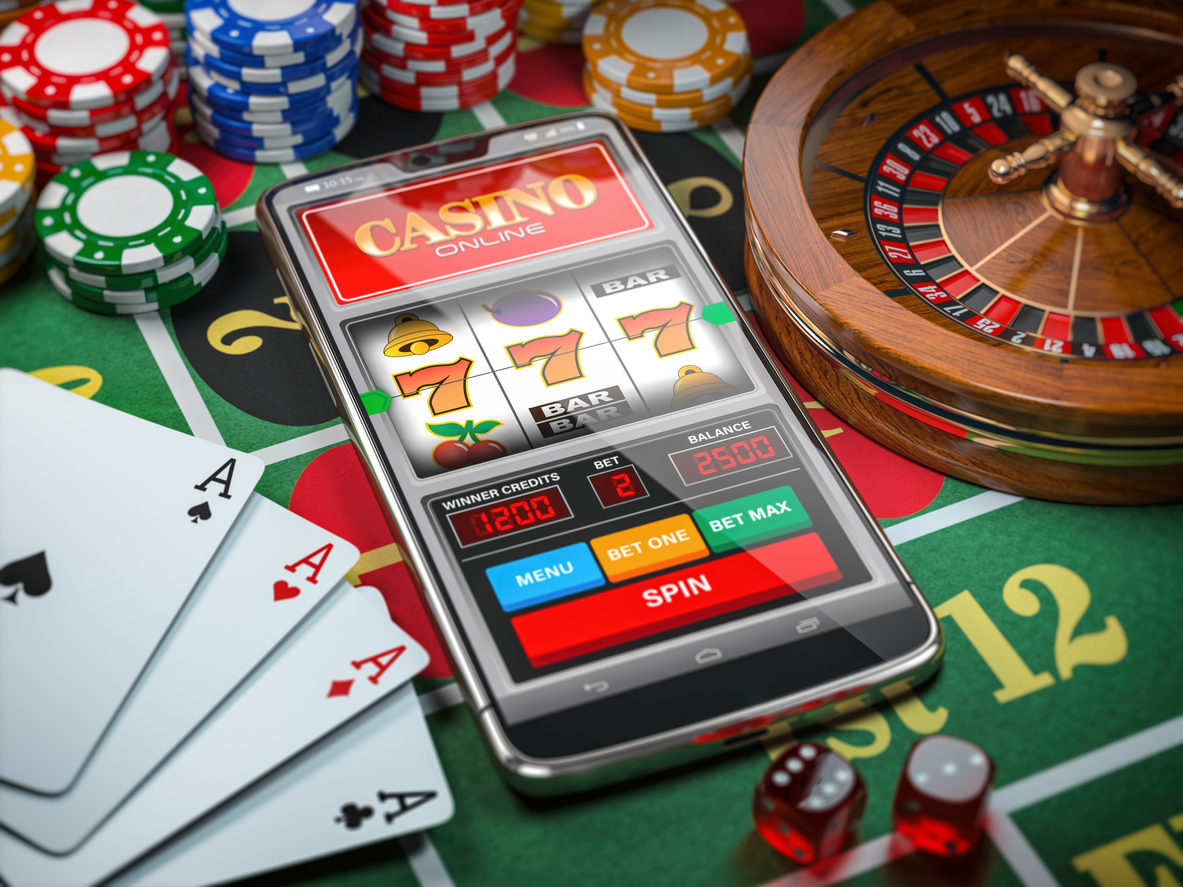
Gambling games have fascinated enthusiasts for ages, luring them into a universe of adventure, luck, and fortune. From the flashing lights of video slots to the strategic intensity of poker games, these experiences offer a unique combination of entertainment and risk. However, beneath the shiny exterior of this glitz and glamour lies a sophisticated relationship of math that influences every conclusion and decision made within the gaming hall.
Grasping this relationship between gaming activities and numerical principles merely improves the gambling experience but also can help players make informed choices. casino en ligne france Whether you are a recreational gambler or a passionate enthusiast, recognizing the mathematical principles at play can offer insightful understandings into likelihood, odds, and strategies, eventually influencing how one approaches these games of chance.
Statistical Probability in Betting
In the realm of casino activities, statistical likelihood plays a vital role in assessing outcomes and informing gambler choices. Every activity has a distinct set of rules and a particular likelihood model that affects its mechanics. For instance, in activities like the roulette wheel, players must grasp the chances of hitting a particular number or shade. The probability of specific occurrences happening can be computed, and this understanding can significantly influence betting strategies.
Gambers also need to be aware of the house advantage, which is the mathematical benefit that gambling establishments hold over gamblers in the long run. This edge differs across different activities. In blackjack, skilled players can use tactics to lower the house edge to as little as 1 percent, while in games like slots, the house advantage can be significantly greater. Understanding the casino advantage allows gamblers to make educated decisions about which games to participate in and how much to bet.
Furthermore, likelihood is crucial in the concept of risk versus gain in betting. Each wager carries a certain risk level, and gamblers must evaluate the potential payout against that risk. Activities like the poker game require gamblers to not only assess the chances of their personal showing winning but also to assess the probabilities of their opponents’ hands. By utilizing mathematical principles to their strategy, gamblers can enhance their odds of winning and participate more effectively in the exciting realm of casino activities.
Anticipated Value in Gambling Games
When discussing casino games, one of the fundamental ideas rooted in math is the expected value. This numerical metric helps players grasp the potential results of their bets over time. In simple terms, expected value (EV) determines the average amount a gambler can anticipate to win or lose per wager if they were to play the game repeatedly. Each game has its unique EV, influenced by the odds and the house edge, which signifies the benefit that the gambling establishment holds.
For example, think of a activity like the roulette game. The anticipated worth can be calculated based on the particular wager made. If a player bets on a individual number, the payout is 35 to 1, but the true odds of winning that wager are 1 in 37 (in European the roulette game). This leads in a detrimental anticipated value, indicating that, on average, gamblers will incur a loss money over time when playing this type of bet. Grasping this idea allows gamblers to make more educated decisions about which games and wagers may be less advantageous.
Furthermore, the exploration of anticipated worth can lead to better money management. Players who comprehend the mathematics behind their activities are often able to set realistic goals. By recognizing their possible deficits and gains, they can modify their gambling strategies appropriately, which may enhance their total gambling experience. As a consequence, expected value serves as a crucial resource for both novice and experienced players to steer through the often unpredictable nature of casino activities.
Approaches and Chances: The Mathematics Behind Winning
In gaming establishments, understanding the probabilities is crucial for gamblers attempting to boost their likelihood of success. Each contest has its own unique set of probabilities that determine successful results, and these figures are often presented in the game’s regulations or payout tables. For case, in games like blackjack, gamblers can improve their odds through tactics such as counting cards, which is based on math principles to gain an upper hand over the establishment. By educating themselves with the odds, participants can make more informed determinations on when to wager and when to quit.
Additionally, the principle of expected outcome plays a major function in gaming tactics. Average outcome assesses the mean outcome of a bet over the long run, allowing players to assess whether a certain wager is justifiable taking. For example, video slots have a specific payback percentage, which can show the typical payout a player can anticipate on their stakes. By selecting games with better average outcomes, players can minimize the casino edge, boosting their potential returns in the over time.
In conclusion, successful players often utilize a combination of chance and mathematical strategy to enhance their gaming experience. While luck is unpredictable, managing a wagering approach based on mathematical insights can lead to more favorable outcomes. By utilizing techniques such as budgeting and choosing games, participants can leverage mathematics to navigate the random nature of casino games, making the most of their time and resources at the casino.
